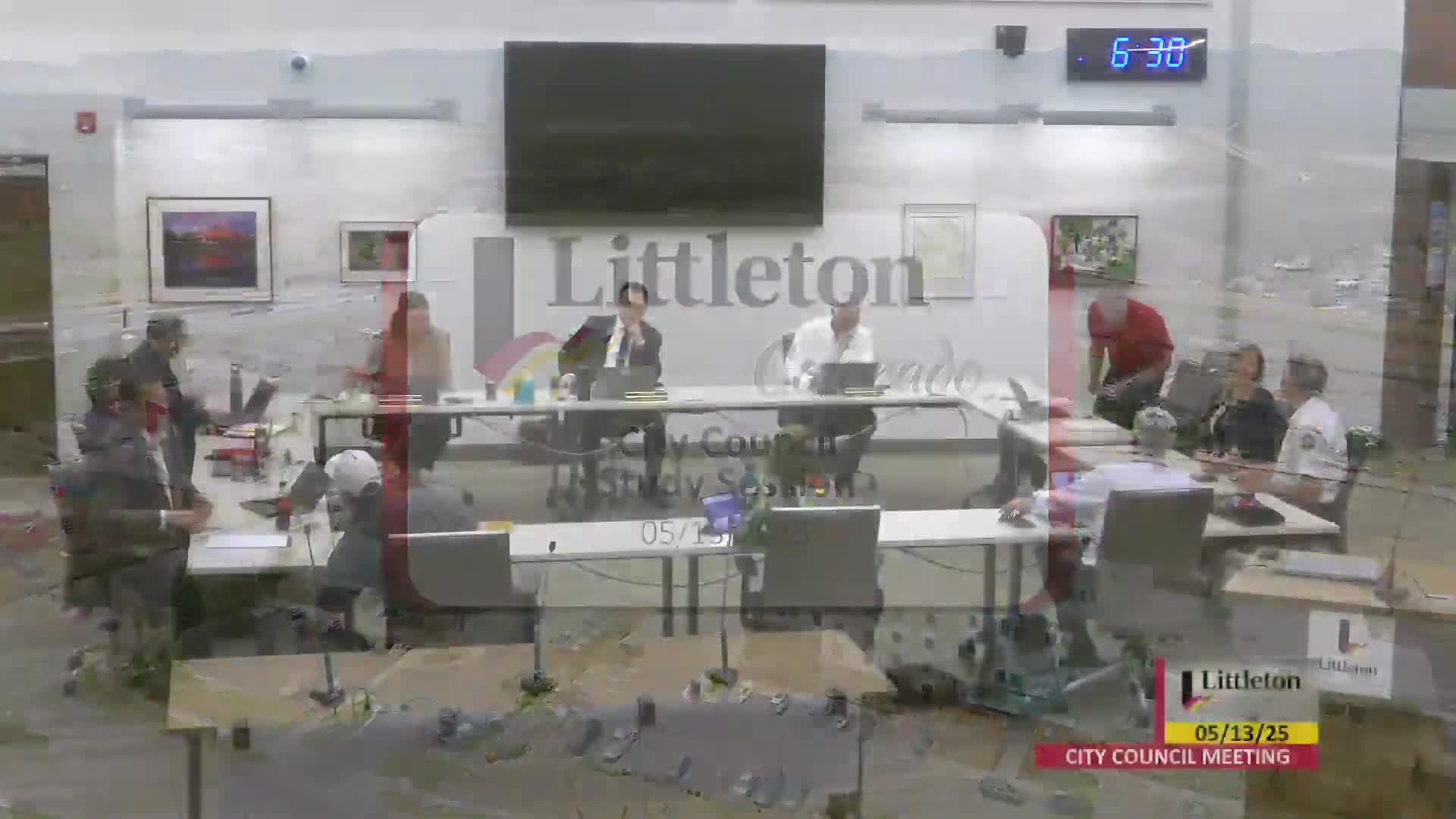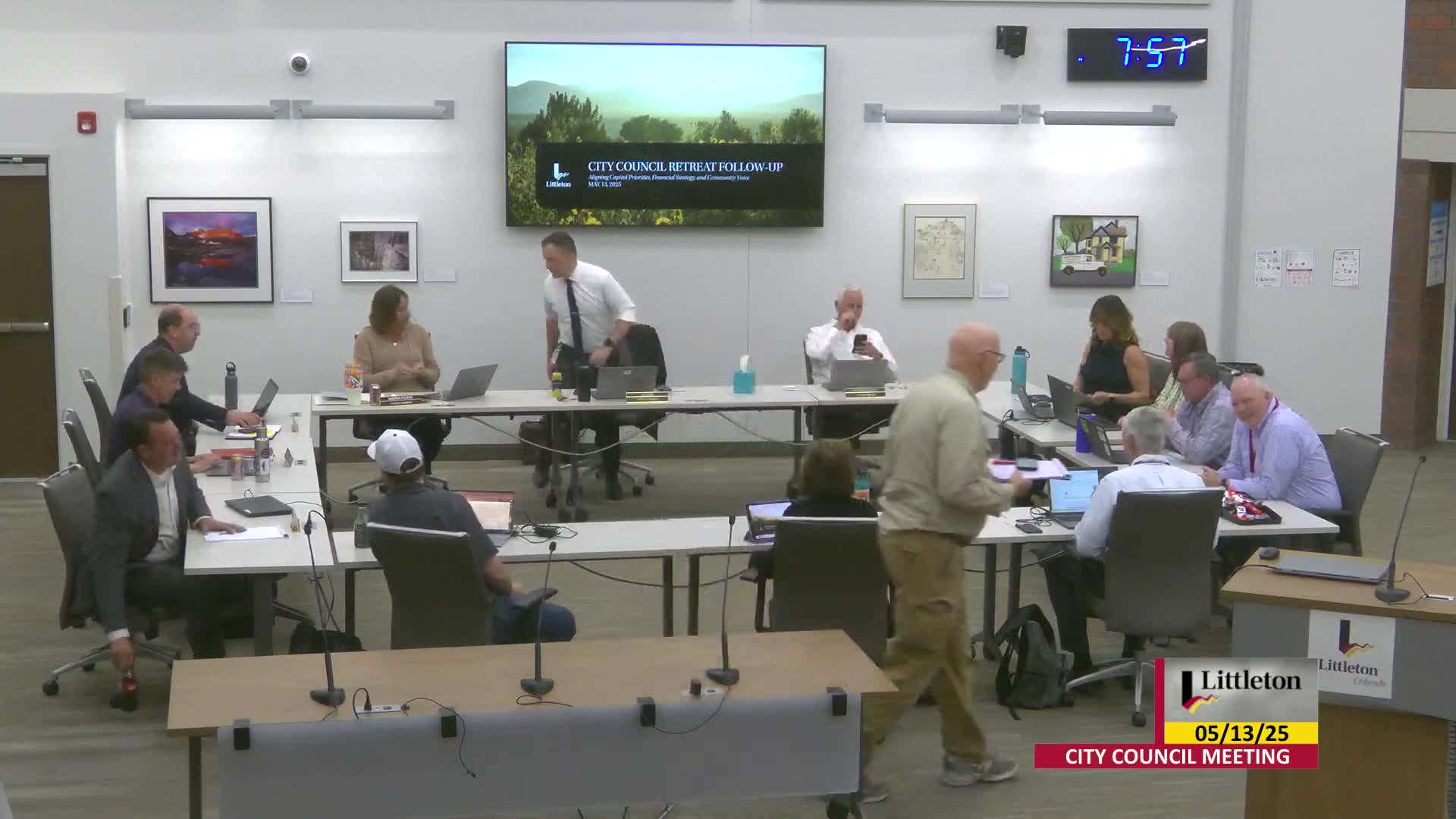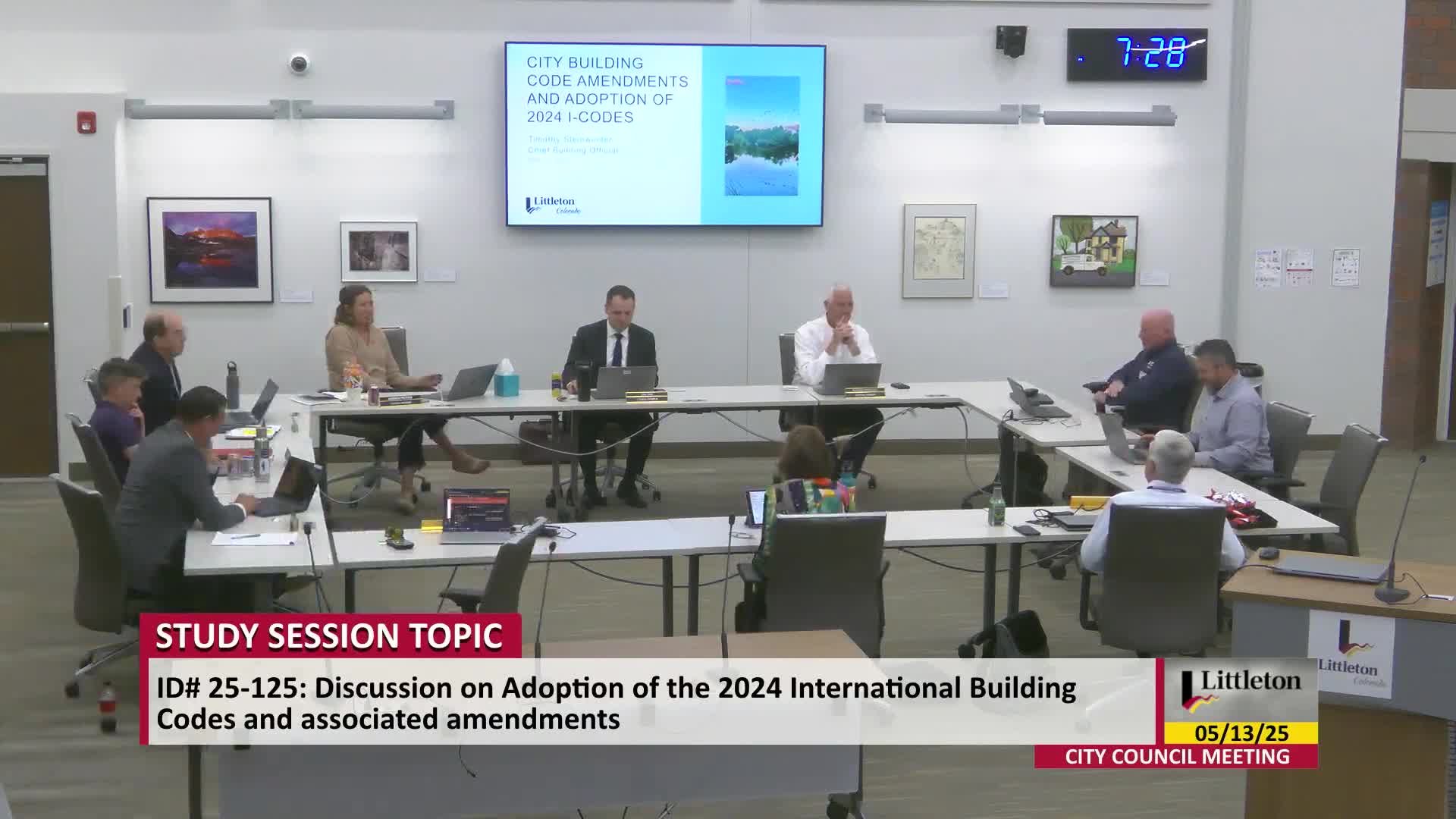Article not found
This article is no longer available. But don't worry—we've gathered other articles that discuss the same topic.

South Metro Fire Board Says Rising EMS Demand, Costs Create $50M Annual Gap; Offers Property- or Sales-tax Options

Littleton staff outlines retreat follow‑up: project sequencing, COPs vs. GO bonds and a push for clearer public engagement

